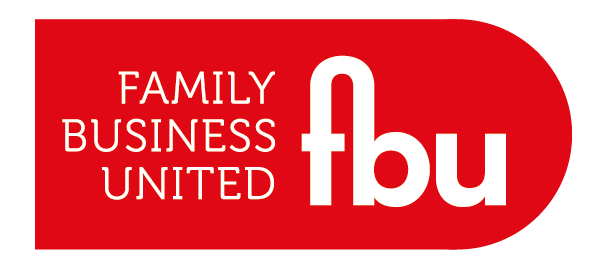Get in touch: nick.mayhew@alembicstrategy.com
Words are powerful. Consider the phrase "I love you". Imagine saying it to someone you are in a relationship with: how does it feel?
Love is a big, wide word. It contains all of the ways we use it: each context and emotion is in there.

Titles in business are also big wide words. Title confusion often comes up in discussing family businesses. It is hard to separate brother and boss, father and managing director, cousin from colleague. Confusion is more charged in families where the family name is used in the business - it is a wide word that now includes both, so that changes to one affect the other. This makes changes in the business more sensitive to family members.
Titles help us understand the role, for example a "Director" is someone who can contract the company in law, and we all know about the role of the Chair (person not furniture!).
They can also signal power, status, hierarchy, dominance, and reach. In a power struggle, titles have some heft.
These two points are completely different, and the source of confusion.

"Role" in an organisation is about a function, which you have the skills to hold, in a chain of tasks. These run through people and processes, often extending beyond the individual view. The "role" is the link in the process. If it is missing or badly undertaken, the process fails, and the organisation too.
When we talk about discipline, it is easy to think of disciplining people, but really it means keeping to the role, undertaking it properly, so that the system works.
In a football team, the goalie needs to stay in goal!
However, roles also remind us of social hierarchy - who is boss of whom. Who is dominant and who submissive. (It is important to enforce the rules, and someone must do it. But only because we don't always do it ourselves and need reminding! You know I am right.)
So when someone is offered a new title, especially in a leadership role, it can result in excitement and support, or jealousy, contempt, and resentment, leading to those emotional barriers going up.
These emotional reactions also get in the way of the organisation working. So how do we prevent that?
- Start in the right place
Start with the function and the skills needed, share out the tasks and forget the titles. Many businesses these days invent new ones, like www.happinessindex.com's Tony Latter who is "Head of happiness innovation". The focus is on function and maybe that's helpful. - If you are in the wrong place, go back to the start
If you have too much ego and status getting in the way of free flowing performance, and you can, restructure around the first suggestion. It will take some work to get to this point in the right way. - When hiring, watch out for ego
You can develop challenges that should reveal it. Ego arrives as strong emotional manipulation to defend self. It is a fear reaction, more often than not, and signals a lack of inner peace. It is fired by social slights. Avoid hiring those with a surplus of ego. - Remember the purpose of the role and use it to help people
The level of role and structure is to draw it out well so that the links and lines work on paper.
The life class of role and structure is about how we turn up, as humans, with our colleagues. It makes a huge difference, if you are holding a high status office, that you approach the role as a person like any other, and more importantly, that you use your office as a resource to make things work, and not as a token of power. - Consider your own confusion and sort yourself out
Are you the founder of a family business, father or mother, managing director, and shareholder? Are you a partner in a professional firm, perhaps Managing Partner; an equity owner, an investor, a worker, and a leader, perhaps a leader of leaders?
Can you separate each of these titles and identify their individual purpose, rights and obligations, so that you are able to act appropriately in different meetings throughout the day, especially when under pressure? Have you thought about it?
Do you feel the slights of colleagues, inferred or perhaps directly, in the constant human struggle for status and superiority? Does your ego get easily bruised? Perhaps you feel bruised, but don't recognise that it is your ego that is causing the hurt.
There is work to do, and if we don't understand it within ourselves, we will not understand how to help our colleagues, and cut through the barriers that prevent potential performance.
At Alembic Strategy, our leadership practice can be summarised as follows:
- first learn to lead yourself
- then learn to lead others
- then learn to lead leaders
The last point in this blog picks up on this approach.
In fact it is worth going a little further: in order to lead ourselves (e.g. focus on a significant improvement in a personal ability, or take on a new role successfully), often we need to get ourselves under management first.
What does that mean? Before we can self-reflect and discover the motivation and focus to change our lives, we first need to be able to quieten the noise of our own emotional roller coaster ride and impulses. Once we have managed to achieve a little peace, we can start to untangle things. We often need to prove to ourselves we can do this first, and achieve more balance, to create the self-belief needed to take on a bigger challenge in life.
Ego is a good example of something to work towards managing. The question is "what is this ego protecting?" and points towards the ultimate source of identity confusion - I don't really know who I am.
If you want to understand identity confusion and how to tackle it, do get in touch at nick.mayhew@alembicstrategy.com




